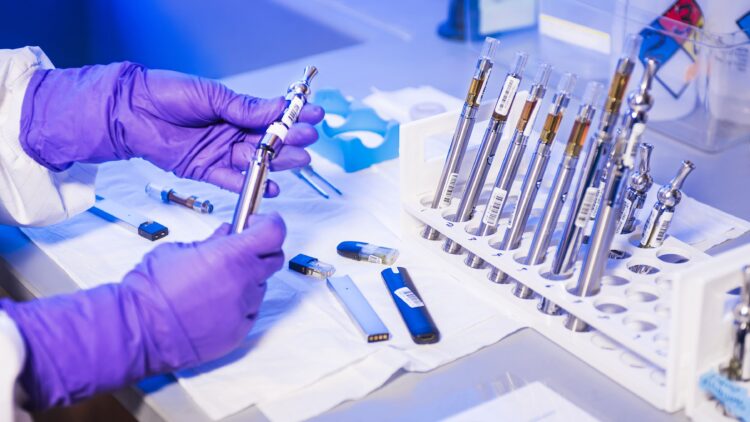Every single participant in a small cancer trial has seen their cancer go into remission — a result so rare as to be virtually unprecedented.
A team of doctors from Memorial Sloan Kettering, funded by GlaxoSmithKline, reported that all 12 of the patients in the trial went into remission .
It’s an exciting development that bodes well for the future of cancer research .
It’s a trial of a new drug.

The trial saw all 12 of the patients take an immunotherapy drug called dostarlimab (brand name: Jemperli) for endometrial cancer. The study looked not just at how the drug performs against endometrial cancer, but also against rectal cancer tumors.
It was admittedly a small trial.

The trial only looked at the results of 12 patients. Still, small trials like this are carried out all the time, and it’s virtually unheard of for every patient to see such positive results.
It may be a first.

“I believe this is the first time this has happened in the history of cancer,” said medical oncologist and senior author Luis Diaz Jr.
Small trial or not, it’s still an incredibly encouraging sign that all patients saw their cancer go into remission.
All patients had tumors with genetic mutations.

These tumors are generally less responsive to chemotherapy and radiation. However, these tumors have a weakness: they’re more vulnerable to immune response. Medications like dostarlimab are aimed at boosting this response, which helps immune cells kill cancer cells.
It helped the patients avoid chemotherapy and radiation.

“The standard treatment for rectal cancer with surgery, radiation, and chemotherapy can be particularly hard on people because of the location of the tumor,” said medical oncologist and first author Andrea Cercek. “They can suffer life-altering bowel and bladder dysfunction, incontinence, infertility, sexual dysfunction, and more.
After six months, every patient showed a “clinical complete response.”

This means that after taking the drug every three weeks for six months, patients showed no evidence of tumors on any kind of scan — meaning their cancer went into remission without having to endure any kind of chemotherapy or radiation treatment.
The research will continue.

With such positive results in a small group of patients, researchers are eager to see what might happen in a larger group. Right now, plans are in place to expand the trial to about 30 patients.
Is it a cure?

In a word, no. It’s important to recognize that this was a small trial of patients with a specific type of cancer, taking a specific type of drug. Still, any positive news surrounding new cancer treatments is welcome news.
What do you think?

We’re still in the early days of dostarlimab trials, but it’s hard not to be excited with the preliminary results. Let us know what you think of this story in the comments!
h/t: The New England Journal of Medicine , The New York Times

















































